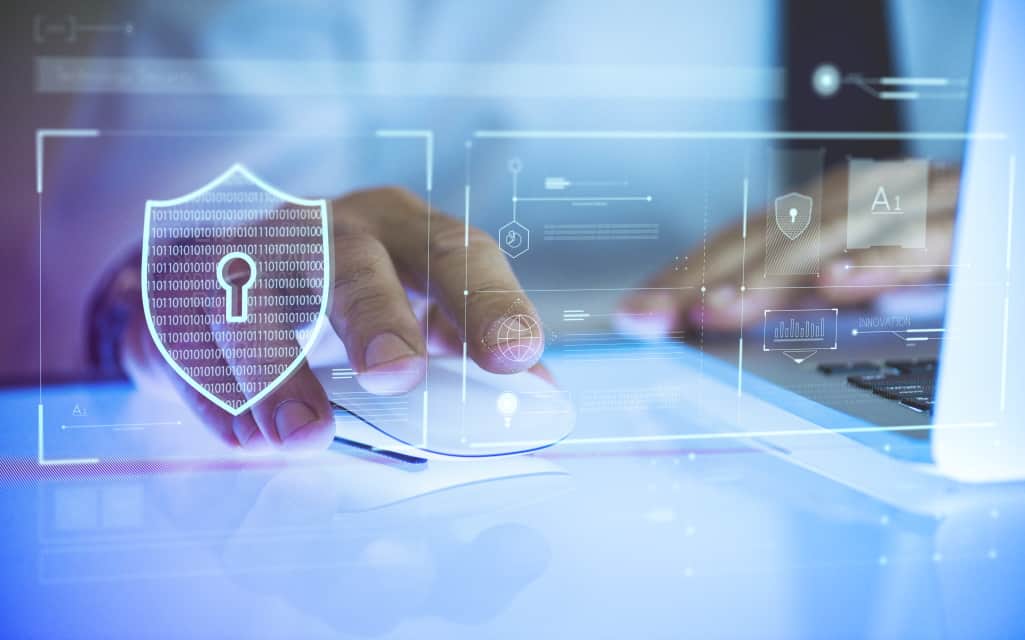The internet has become a hub of convenience and facilitation. From financial transactions to general information gathering, there is little that can’t be done here. However, the same digital airwaves that open a world of possibilities to us are being used increasingly for illegal activities like data theft and exploiting network vulnerabilities.
As time passes it is getting more and more imperative for individuals and businesses to take steps and protect their activities online. One of the biggest hindrances in the way is a lack of awareness among the masses. Here we shed light on some practices which can help secure personal activities while browsing online.
1. Awareness is key
We had to start with emphasis on the levels of knowledge that a majority of the population has on the subject. Unfortunately, it’s not high. Many small businesses and household users are still largely ignorant of the threat of cybercrime that is growing every day. With reference to this, the first step towards securing online activities is to learn about the prevalent risks out there today.
From phishing to IP tracking, from hacking to malware, cybercriminals are using a variety of methods to lure users and then rob them of their personal information. Awareness helps normal consumers identify any attempts at identity theft or for infecting a system with different viruses. Email attachments in recognizable formats like MS Word etc. are one common trend for sending malware to the target.
2. Use strong passwords for every account
Nowadays, we use tens of different accounts for a variety of purposes. Internet banking, social media, emails and work portals are all password protected. In order to remember such a large number of passwords, we tend to keep simple or similar ones across multiple platforms. This is a huge mistake when it comes to securing your online activity.
Just because so many passwords can be difficult to remember doesn’t mean you opt for easy ones or even worse use the same one everywhere. A number of secure passwords storing apps are available which help keep them organized. They will even help generate strong passwords for you so you don’t have to think about anything on your own.
3. Be careful with public networks
Public networks are where the real risks emerge. The trouble with these open networks is that anyone can access them freely. Public Wi-Fi hotspots are dreamland for hackers. The reason behind this is simple. Since they are on the same network as their victim, tracking data traffic using IP addresses is a piece of cake.
And once they have the IP address of the person they want to target; the cybercriminal can use a variety of methods to sneak into the system and steal private information. It is important to exercise extreme precautions when using a public network. First of all, try to avoid such a network but if you have to, get a VPN to protect anyone from eavesdropping on you.
4. Use a VPN
What is VPN? A Virtual Private Network or VPN is a service that works by masking user IP addresses and making all their network traffic anonymous. Even when connected to a public network, a VPN ensures that no one is able to determine your location, IP address or any other personal information for that matter. VPNs are one of the most effective tools when it comes to cybersecurity.
A top-rated VPN like Ivacy will take of every aspect during the time you are online. It protects the IP address and data traffic through state-of-the-art encryption protocols, it provides public Wi-Fi security, an internet kill switch for if the VPN connection drops suddenly and a lot more besides. It is a comprehensive package to keep you secure while browsing online.
5. Secure you devices from physical misuse
Last but not the least is the aspect of protecting devices from physical tampering. Many a times we leave devices like laptops, work PCs or tablets unattended in a library or the office etc. If it is not locked or protected, anyone can plug an external drive into it and walk away with some sensitive information which can be damaging to you on many levels.
In a commercial space, the source of data leak can be traced back and if you are found at fault, there can be a number of consequences. In case of personal data theft, you can be a victim of continuous financial losses and emotional stress besides that. This is why it is important to make sure that your devices are locked with a strong password even if you are leaving them somewhere for a short time.
Conclusion
Cybersecurity and safeguard of online privacy have become one of the top priorities for people who value these things. At the rate with which cybercrime is evolving, it is crucial to take steps so that you can protect yourself from any accidents in the form of data breaches etc.



